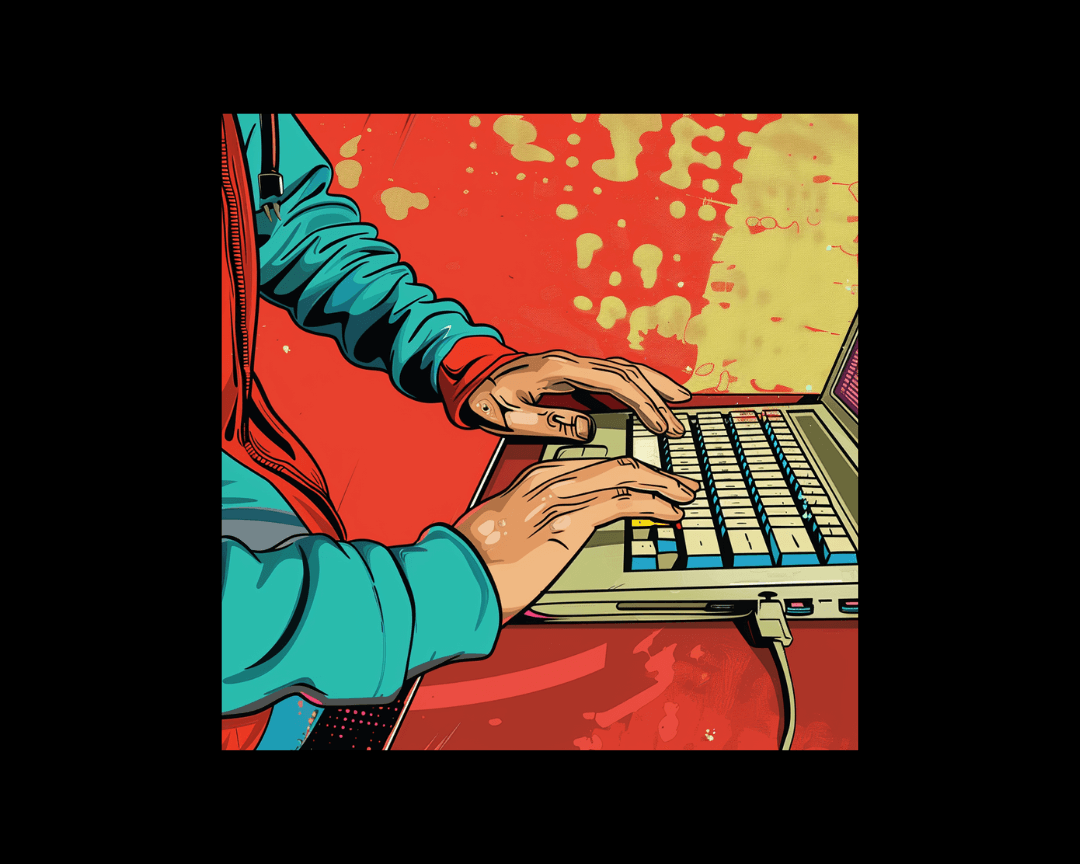Beta Reading: How It Helps and Why You Need It
You've come to the right place if you're itching to dive into the exciting world of beta reading and help shape the next generation of bestsellers....

In literary curation, the role of an editor often emerges unexpectedly, as if destiny itself bestows this mantle upon one's shoulders. Such was the case with Woodhall Press's publication of "Fast Fallen Women: 75 Essays of Flash Nonfiction" in 2023. Within its pages reside the creative musings of distinguished authors like Amy Tan, Jane Smiley, Caroline Leavitt, Bobbie Ann Mason, and others, spanning various genres and themes, each contributing to a vibrant tapestry of narratives.
However, the journey into the editing world commenced long before the inception of "Fast Fallen Women." Over the years, various anthologies have been curated, serving as conduits for voices often marginalized or overlooked, amplifying their stories and experiences to a broader audience.
Continue reading to learn about what it takes to edit an anthology series.
Reflecting on the genesis of these editing endeavors, one is reminded of the challenges and triumphs accompanying each project. Take, for instance, the early foray into anthology editing with "Sex and Death in Victorian Literature," a compilation brimming with provocative insights and scholarly discourse. Though faced with initial resistance from publishers regarding the title, "Coming and Going: Sex and Death in Victorian Literature," persistence ultimately integrated it into the anthology's introduction, imbuing it with a subtle yet unmistakable essence of vision.
Through these formative experiences, invaluable lessons that continue to inform editorial approaches today were gleaned. First, the importance of accepting publishers' advice became apparent. Second, the luxury of inviting various contributors to participate in a project and forming intriguing and provocative conversations was recognized. Third, the realization that unconventional methods, like slightly unconventional or decidedly sleight-of-hand techniques, could effectively convey desired messages was realized.
As subsequent books were penned, both trade and academic, the passion for editing new collections persisted, becoming a luxury and a habit akin to throwing dinner parties. Approached in 2019 by one of the founders of Woodhall Press, David LeGere (a former creative writing student), an invitation was extended to consider curating a book gathering together women’s humorous flash nonfiction, an offer too enticing to refuse.
Inviting writers to contribute was akin to inviting friends to a literary potluck, with the assurance that each would bring something delicious, satisfying, and irresistible. Some guests were known only through reputation, while others were close acquaintances. Nevertheless, each was expected to contribute a signature offering, resulting in a literary feast for readers to savor.
"Fast Funny Women" was published in 2021, with a stunning cover illustrated by cartoonist/artist Mimi Pond, who also contributed a brilliant essay. Other notable contributors included Marge Piercy, Dawn Lundy Martin, Susan Shapiro, Fay Weldon, “Judge Judy” Sheindlin, Jo-Ann Mapson, and Liza Donnelly.
The book's success prompted the subsequent release of "Fast Fierce Women" in 2022, followed by "Fast Fallen Women," and preparations are underway for "Fast Famous Women" in 2024.
But what advice was imparted to the contributors? What guidance was offered to the writers who pitched ideas?
As the narrator, control over the story is paramount. The opportunity, especially in flash nonfiction, to fashion a playground from the thin overlay of social soil covering the minefields that constitute our emotional and intellectual landscape is exhilarating. Crafting pieces under 750 words entails seeing significant subjects through small lenses. Yet, an unwavering attention to detail must not be misconstrued as a penchant for minutiae; rather, it embodies a passion for sharply focused observation.
All good writing reflects and illuminates life; the best short writing, however, holds up a compact mirror. Transforming lived experiences into compelling narratives demands remembering the details and deconstructing them. Each event must be dissected, its components examined and then reassembled to retain its original essence while offering a richer experience for the reader. The final piece may maintain its initial shape or evolve into a different narrative.
We’ve given you some general advice, but let’s dig in.
Before editing an anthology, define its overarching theme or focus. Clarifying your vision will guide the selection process and ensure cohesion throughout the anthology.
Reach out to various writers, including established authors and emerging talents. Casting a wide net will enrich the anthology with diverse voices and perspectives.
Provide writers with clear guidelines regarding submission requirements, including word count limits, formatting preferences, and thematic criteria. Clear guidelines streamline the submission process and ensure consistency across contributions.
Encourage writers to explore creative interpretations of the anthology's theme or focus. Embrace style, tone, and subject matter diversity to create a dynamic and engaging collection.
Foster open communication with contributors throughout the editing process. Provide feedback, address concerns, and collaborate with writers to refine their contributions and enhance the overall quality of the anthology.
Assemble the anthology carefully, balancing the contributions to create a cohesive and compelling narrative arc. Pay attention to pacing, tone, and thematic resonance to ensure a seamless reading experience.
Consider enlisting the expertise of professional editors or literary advisors to provide feedback and guidance throughout the editing process. Their insights can help refine the anthology and elevate its quality.
Celebrate the diversity of voices and perspectives represented in the anthology. Embrace inclusivity and amplify marginalized voices to create a more vibrant and representative collection.
To ensure a smooth editing process, maintain meticulous submissions, edits, and correspondence records. Use spreadsheets or project management tools to track progress and stay organized.
Editing an anthology is a journey filled with challenges and rewards. Embrace the process, stay open to new ideas, and celebrate the culmination of diverse voices coming together in a shared literary endeavor.
Ultimately, the goal is to captivate readers, draw them into the experience, make them feel as if they share in the journey, and leave them in suspense regarding the outcome until the denouement.
And therein lies the crux—a satisfying conclusion that feels inevitable and surprising. Indeed, any exemplary work should signal its completion and deliver a palpable sense of fulfillment.
Of course, a skilled editor's guidance remains invaluable in discerning when a piece has reached its zenith.

You've come to the right place if you're itching to dive into the exciting world of beta reading and help shape the next generation of bestsellers....

Alright, folks, listen up! If you've got something important to say and want to make a splash in the opinion pages, it's time to learn how to write a...

Alright, folks! Are you ready to get those creative juices flowing and write some poetry that'll knock your readers' socks off? Well, buckle up...